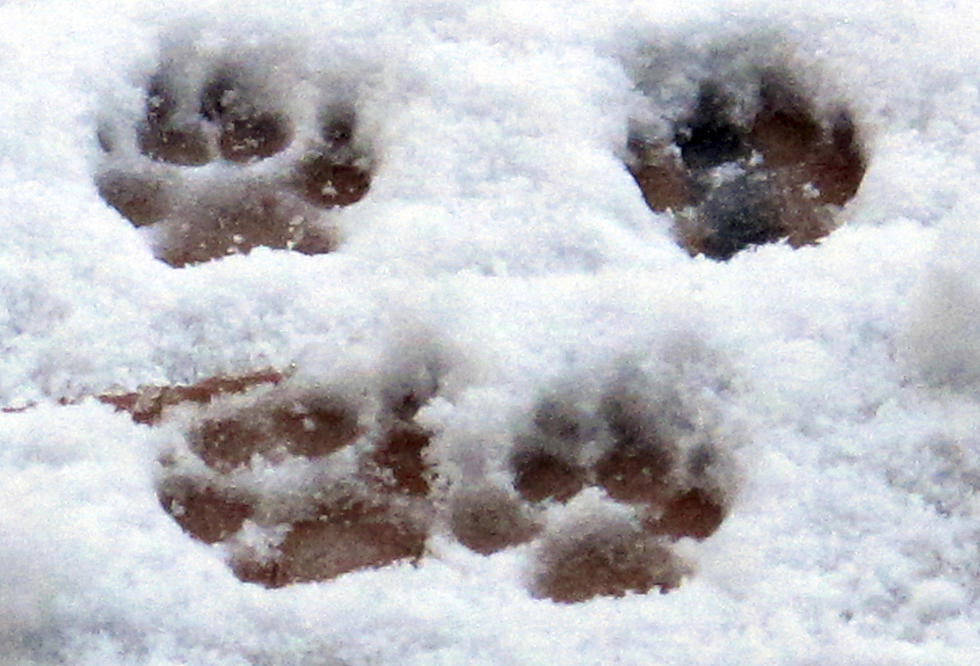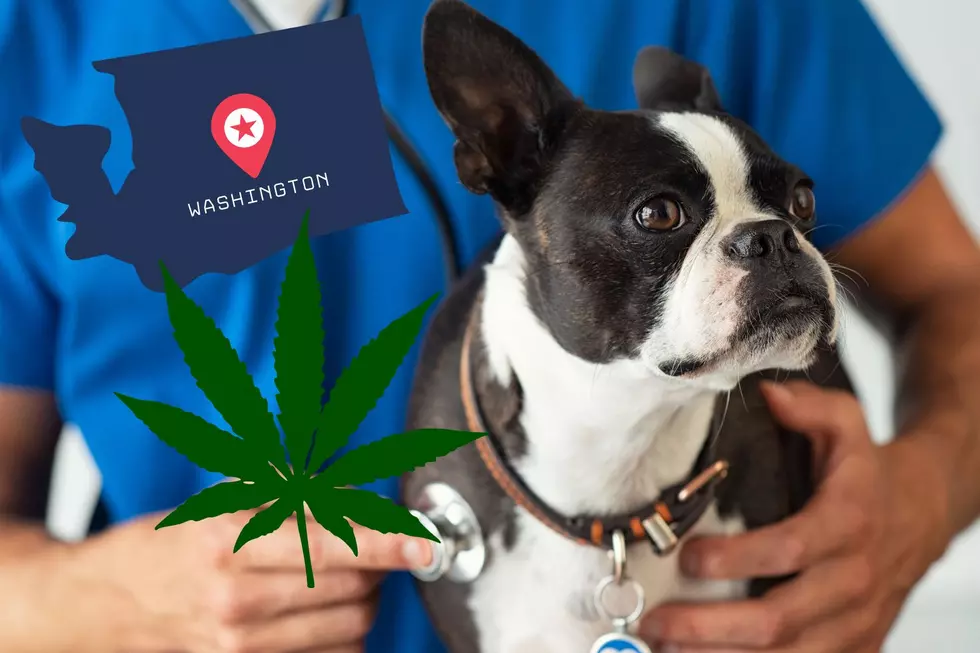
Leaving Your Pet in the Cold in Washington State Means Big Fines
I'd never leave my pets outside during winter but some folks do and it could mean a big fine from the State of Washington.
We've all lived next to that house where the tenants leave their dogs outside in the dead of winter no matter what the temperature.
Can You Get Fined For Leaving Your Dog Outside In Washington State?
They think even having a dog house is enough to protect their animals but in the State of Washington, that might not be enough to protect yourself from a fine.

Yakima County Sheriff's Department posted on their Facebook page a reminder that you can get a ticket for animal cruelty if you leave your pets out in the cold too long.
What Washington Law Says You Can't Leave Your Dogs Outside In The Cold
The statute is Washington State law (RCW 16.52) and it pertains to leaving your animals out in the cold for too long.
Here is what the law says about leaving your animals outside and what fine you could receive:
RCW 16.52.350
Dog tethering—Penalties.
(1) Any dog that is restrained outside by a tether must only be restrained for a period of time that is not reckless and in compliance with this section.
(a) The dog shall not be tethered in a manner that results, or could reasonably result, in the dog becoming frequently entangled on the restraint or another object.
(b) If there are multiple dogs tethered, each dog must be on a separate tether and not secured to the same fixed point.
(c) The tether must allow the dog to sit, lie down, and stand comfortably without the restraint becoming taut and allow the dog a range of movement.
(d) A dog shall not be tethered if it is ill, suffering from a debilitating disease, injured, in distress, in the advanced stages of pregnancy, or under six months of age.
(e) A tethered dog must have access to clean water and necessary shelter that is safe and protective while tethered. The shelter and water vessel must be constructed or attached in such a way that the dog cannot knock over the shelter or water vessel.
(f) A dog shall not be tethered in a manner that results in the dog being left in unsafe or unsanitary conditions or that forces the dog to stand, sit, or lie down in its own excrement or urine.
(g) A dog shall not be tethered by means of a choke, pinch, slip, halter, or prong-type collar, or by any means other than with a properly fitted buckle-type collar or harness that provides enough room between the collar or harness and the dog's throat to allow normal breathing and swallowing.
(h) The weight of the tether shall not unreasonably inhibit the free movement of the dog within the area allowed by the length of the tether.
(i) The dog shall not be tethered in a manner that causes the dog injury or pain.
(2) The provisions of subsection (1)(a) through (d) of this section do not apply to a dog that is:
(a) Tethered while it is receiving medical care or treatment under the supervision of a licensed veterinarian or is being groomed;
(b) Participating temporarily in an exhibition, show, contest, or other event in which the skill, breeding, or stamina of the dog is judged or examined;
(c) Being kept temporarily at a camping or recreation area;
(d) Being cared for temporarily after having been picked up as a stray or as part of a rescue operation;
(e) Being transported in a motor vehicle or temporarily restrained or tied after being unloaded from a motor vehicle;
(f) Being trained or used by a federal, state, or local law enforcement agency or military or national guard unit; or
(g) In the physical presence of the person who owns, keeps, or controls the dog.
(3) Each incident involving a violation of this section is a separate offense. A person who violates this section is subject to the following penalties:
(a) A first offense shall result in a correction warning being issued requiring the offense to be corrected by the person who owns, keeps, or controls the dog within seven days after the date of the warning being issued in lieu of an infraction unless the offense poses an imminent risk to the health or safety of the dog or the dog has been injured as a result of the offense.
(b) A second offense is a class 2 civil infraction under RCW 7.80.120(1)(b).
(c) A third or subsequent offense is a class 1 civil infraction under RCW 7.80.120(1)(a).
If you are leaving your animals out in the cold, you might want to rethink that practice. It could mean a huge fine and it's just not worth it as you should love your animals as if they were your family.
You can read more details about the statute here.
RANKED: Here Are the 63 Smartest Dog Breeds
LOOK: Here are the pets banned in each state
More From 98.3 KEYW









